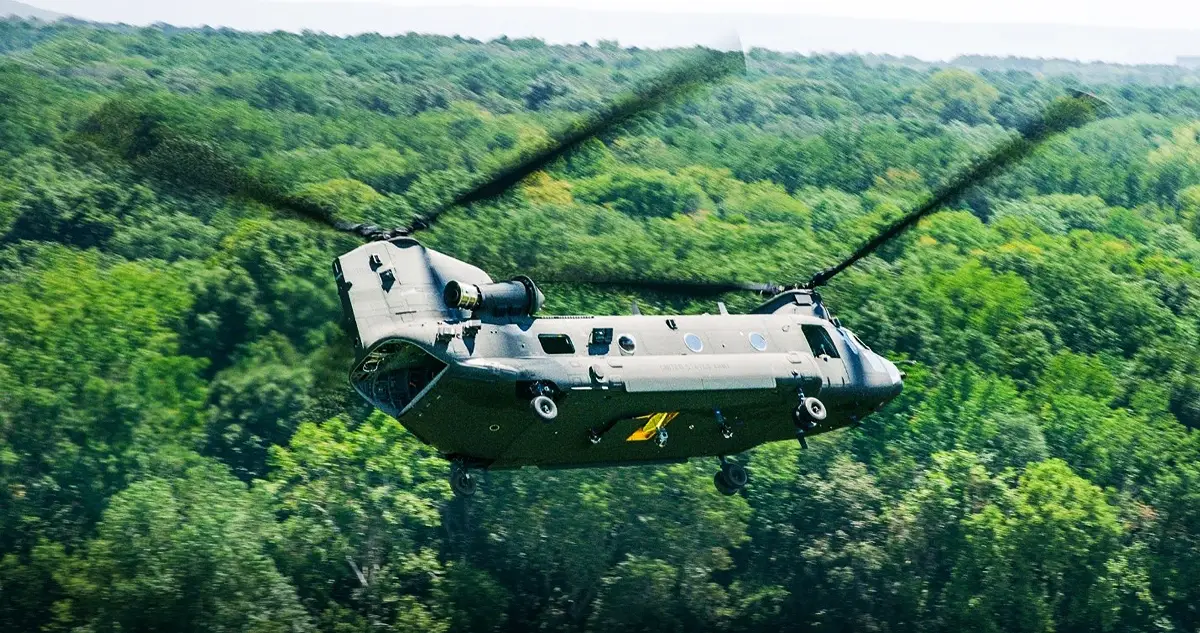
The US Army buys another 9 next-generation Chinook helicopters for heavy logistics
Boeing secures mega-order worth USD 461 million

Boeing provides the CH-47F Block II helicopters, capable of flying for another 40 years and with an increase in lift capacity of 1.8 tonnes, accelerating the "Rapid Fielding" for the modernization of the fleet
The United States Army has taken a decisive step in its heavy-lift transport modernization program, ordering nine Boeing CH-47F Block II Chinook helicopters through the award of two separate contracts. These orders, relating to Lots 4 and 5, are worth a total of $461 million and bring to 18 the total number of CH-47F Block II helicopters currently under contract.
The order follows the Army's recent decision to authorize series production under the Rapid Fielding procedure, underlining the urgency to rapidly field the new capabilities. Boeing is also working with the Army to define the future Lot 6.
Heather McBryan, Vice President and program manager of Cargo Programs for Boeing Defense, Space and Security, commented: "The rapid succession of contracts indicates that the Chinook will continue to play an important role among the United States Army's key platforms, particularly in a contested logistical environment. We appreciate our partnership with the Army and the support of Congress".
So far, Boeing has already delivered six production CH-47F Block II units to the Army, which are currently undergoing a series of evaluations to demonstrate their enhanced capabilities.
The CH-47F Block II features significant upgrades. The aircraft incorporates an improved transmission and airframe that increase maximum gross weight by 4,000 pounds (approximately 1,814 kg), substantially improving lift capability. In addition, innovative modifications to the fuel system extend the mission radius for nearly all payloads. These improvements, combined with enhanced maintenance and the possibility of future upgrades at contained costs, are intended to meet the Army's objective of keeping the CH-47F Block II flying for at least another 40 years.
AVIONEWS - World Aeronautical Press Agency